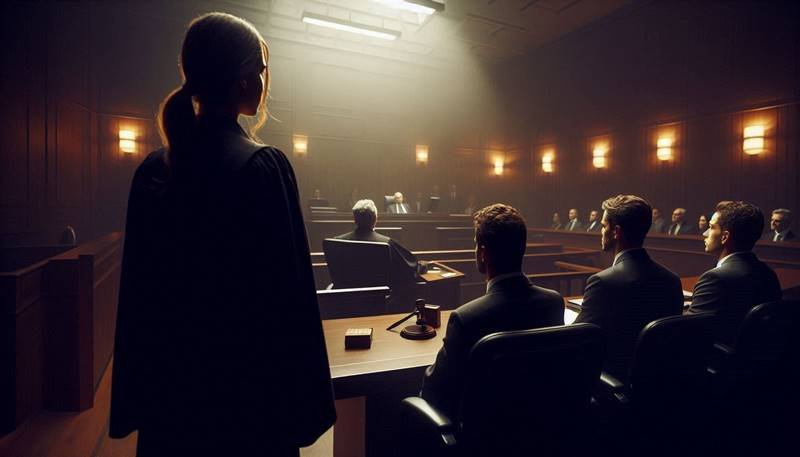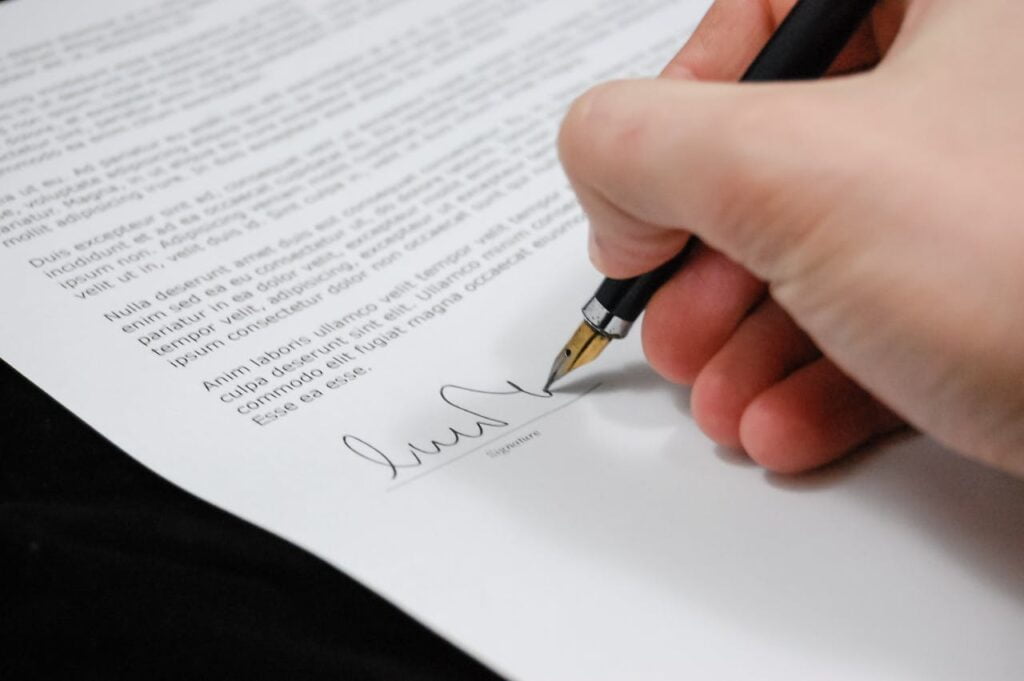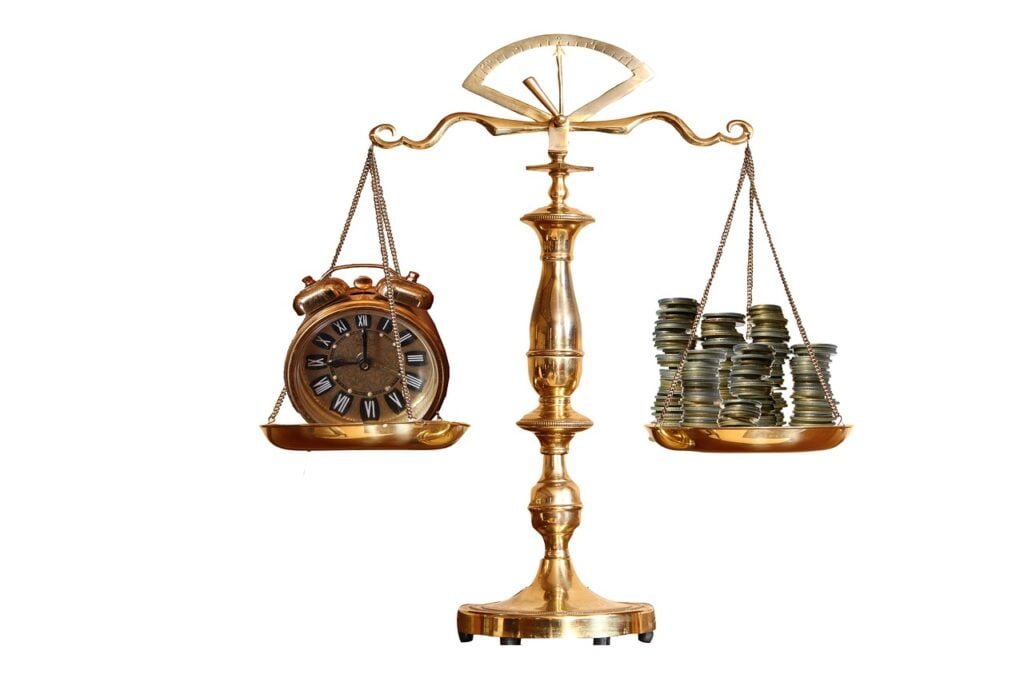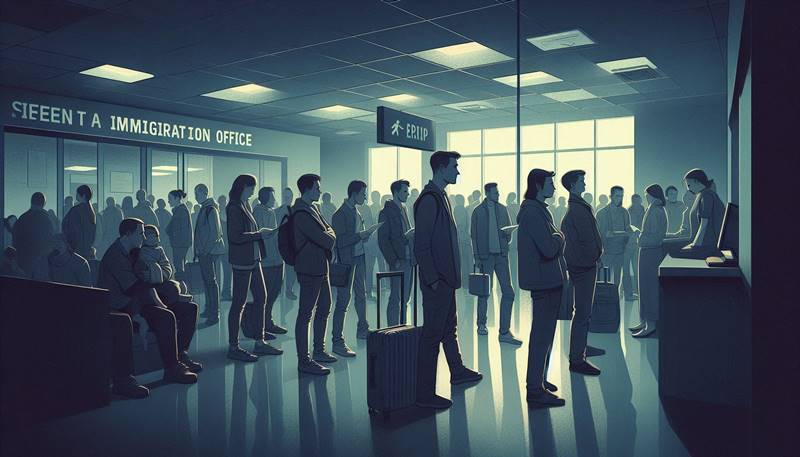
Free legal aid in Brazil, known as justiça gratuita, is a vital mechanism to ensure access to justice for individuals and entities who cannot afford the costs of legal proceedings. It is available to both individuals and legal entities under specific circumstances, providing relief from court fees, legal expenses, and other related costs. This system aims to guarantee that financial limitations do not impede access to justice, aligning with Brazil’s constitutional principle of equal rights.
When Is Free Legal Aid Applicable in Brazil?
Free legal aid in Brazil applies in a variety of cases, primarily in civil, labor, and criminal matters. It is granted to individuals or entities who lack the financial means to cover legal costs without jeopardizing their subsistence. Some of the common areas where justiça gratuita is frequently applied to include:
- Civil Litigation: Individuals seeking legal redress in matters of family law, property disputes, or personal damages.
- Labor Disputes: Employees can request free legal assistance in disputes over wages, wrongful dismissal, or employment rights.
- Criminal Defense: Defendants in criminal cases may be entitled to public defenders if they cannot afford private representation.
- Administrative Claims: Appeals or disputes involving government decisions or public services can also qualify for free legal aid.
Can Both Individuals and Legal Entities Apply?
Yes, both individuals (pessoa física) and legal entities (pessoa jurídica) are eligible for free legal aid in Brazil, although different standards apply. For individuals, financial incapacity must be demonstrated, typically by proving insufficient income or the inability to afford legal fees without compromising basic living expenses. Legal entities, such as small businesses or non-profit organizations, must prove financial hardship, such as low or negative revenues, to qualify for the benefit.
Requirements to Request Free Legal Aid
To qualify for free legal aid in Brazil, applicants must meet certain financial criteria. The key requirements include:
- Income Threshold: Individuals must generally prove that their income is insufficient to cover legal expenses without affecting their livelihood. Although the exact income level varies by region, those earning up to three times the minimum wage are commonly considered eligible.
- Proof of Financial Hardship: The applicant must provide documentation, such as income statements, tax returns, or other evidence of financial incapacity.
- Affidavit of Financial Status: Although the opposing party may contest this, in most cases a straightforward affidavit stating that the person or entity cannot afford the legal costs will suffice.
- Legal Entity Requirements: Businesses or organizations must demonstrate financial instability through balance sheets, revenue reports, or bankruptcy filings to be considered.
Situations Where You Can Apply
You may apply for free legal aid in several situations, including:
- Filing for divorce or child custody in family court.
- Pursuing a personal injury claim for compensation after an accident.
- Defending against a wrongful dismissal in labor court.
- Challenging a government decision or appealing fines.
- Criminal defense for individuals facing charges without the means to hire private counsel.
- Non-profit organizations filing lawsuits to defend social causes.
Countries Offering Free Legal Aid
Several countries offer some form of free legal aid to ensure that citizens have access to justice, regardless of their financial situation:
- United States: Public defenders are available for criminal cases, and legal aid is provided for civil cases based on income criteria.
- United Kingdom: Legal aid is offered in both civil and criminal cases, subject to means testing and the seriousness of the case.
- Canada: Provincial legal aid programs provide assistance for low-income individuals in family law, immigration, and criminal matters.
- France: The French system provides comprehensive legal aid (aide juridictionnelle) for individuals who cannot afford legal representation in civil and criminal matters.
- Australia: Legal aid is available for criminal and family law cases, as well as some civil matters, based on income and merit.
Countries with the Highest Legal Costs
On the other hand, some countries are known for their high legal costs, making access to justice difficult without significant financial resources:
- Switzerland: Legal fees are exceptionally high, particularly in complex civil litigation, often making legal representation a luxury.
- United States: While legal aid exists, private legal services are expensive, especially in corporate law, intellectual property, and high-stakes litigation.
- Singapore: Known for its costly legal system, especially in commercial and intellectual property disputes.
- Japan: Legal costs for both litigation and arbitration can be high, especially for corporate entities involved in international cases.
- Germany: While efficient, the German legal system is known for its high attorney fees and court costs, particularly in civil and commercial cases.
Brazil’s free legal aid system is a critical tool for ensuring equal access to justice, offering a lifeline for individuals and businesses facing financial hardship. By providing relief from legal costs, it opens the door for a fair judicial process, especially for the most vulnerable. When compared globally, Brazil’s system is part of a broader effort among many nations to ensure justice is not reserved for the wealthy, though significant disparities in legal costs persist across different regions.


